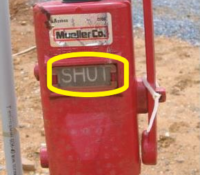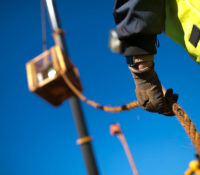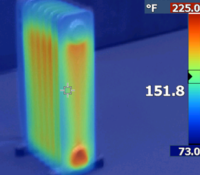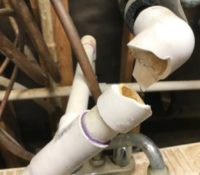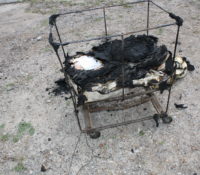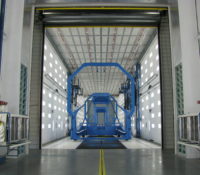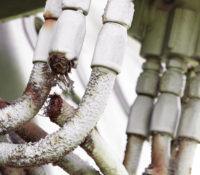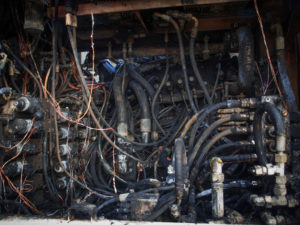Financial Injury.…From a Machine?!?!
Forensic engineers may be called upon to investigate a broad array of problems concerning a machine. Cases involving physical injuries and even death are a large part of what we investigate in order to determine what caused the accident to happen and who may be at fault. Occasionally, problems with a recently designed custom machine do not cause a physical injury, but instead cause a “financial” injury. This type of “injury” can negatively impact the machine designer, the machine purchaser, or possibly both. Financial injuries can be quite substantial, just as physical injuries can be, and may severely impact a company’s cash flow which can make or break a company. A refusal to pay a designer/builder of a machine or paying for a machine that ends up not meeting the agreed upon performance specifications can have catastrophic consequences for many businesses, especially for small ones. Read More



